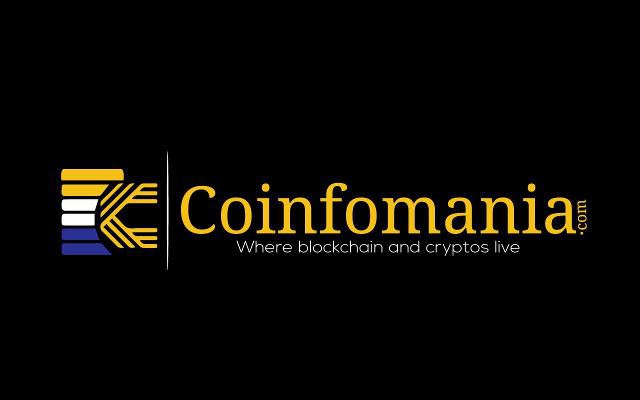Turkey’s Crypto Market Shakeup: Key Points from the New Turkish Cryptocurrency Regulations
0
0

Turkey’s financial regulatory agency, the Capital Markets Board (CMB), moved to take charge of the nation’s cryptocurrency market. The move consolidates oversight, placing all authority for granting operational licenses, establishing market rules, and enforcing regulatory adherence directly within the CMB’s domain. This establishes a centralized command for virtual assets operating within the country.
Turkish cryptocurrency regulations establish a new system that defines detailed standards for Crypto Asset Service Providers (CASPs), including guidelines related to obtaining cryptocurrencies, maintaining acceptable levels of business practice, and safeguarding cryptocurrency investments. In effect, Turkey expects to harmonize its domestic framework with globally accepted policies. These adjustments are directed at raising security levels and promoting a more verifiable process across Turkey’s expanding crypto sector.
Comprehensive Regulatory Control Of Turkey
Recent stablecoin regulations in Turkey, enacted through Turkish Capital Markets Board crypto rules, grant the CMB comprehensive control over crypto service provider (CSP) licensing and functionality, covering exchanges, custodians, and wallet services. The aim is to standardize adherence to compliance standards across the sector. According to Turkish cryptocurrency regulations, all Crypto Asset Service Providers must conform to consistent requirements concerning initial capitalization, executive backgrounds, and ownership structures, a measure intended to bolster industry legitimacy.
Further requirements in this new regulatory environment demand that CASPs form designated risk management teams. These teams are charged with overseeing diverse hazards connected to digital asset trading and confirming adherence to Anti-Money Laundering (AML) procedures. CASPs also must employ a price monitoring system to track trading patterns and flag questionable activities in a timely manner.
Strengthening Investor Protection
A central aspect of the new Turkish cryptocurrency regulations involves strict protocols for monitoring and reporting transactions. Turkish CASPs now face mandates to deliver extensive operational reports to the CMB and prioritize prompt data submissions. The goal is to combat fraud and institute an adaptive regulatory system within the rapidly shifting crypto market.
In addition, enhanced AML measures are being introduced that compel service providers to document comprehensive transaction information, including both completed and unsuccessful transactions. Identification requirements now extend to investors executing transactions surpassing 15,000 Turkish lira (about $425). These new standards bring Turkey into closer alignment with evolving international regulatory standards.
Aligning With Global Crypto Standards
Turkish Capital Markets Board crypto rules mirror global regulatory structures, drawing from the European Markets in Crypto-Assets Regulation (MiCA) and guidelines established by the U.S. Securities and Exchange Commission (SEC). These policies aim to make Turkey a reputable digital asset hub by adopting international norms of security and compliance.
The new stablecoin regulations in Turkey broaden the scope of oversight to encompass stablecoins and decentralized finance (DeFi) platforms. To limit possible economic risks, the government is considering stricter rules for stablecoin issuance and circulation. Policymakers will gauge how these laws impact the digital economy going forward, making modifications to guarantee a harmonious coexistence of advancement and security.
A New Era for Crypto in Turkey
Comprehensive new regulations signify a notable shift in Turkey’s cryptocurrency space. Assigning full regulatory oversight to the CMB indicates government actions designed to improve transparency, security, and investor safeguards. Better compliance measures and AML obligations seek to reduce risk and create a formalized setting for digital asset activity.
Although certain investors and CASPs might find these new requirements challenging, they are positioned to facilitate enduring stability. As Turkey refines its crypto governance strategy, the country may take on a more influential position in the global digital asset environment. This signals the government’s intention to both safeguard investments and uphold financial integrity within cryptocurrency frameworks.
The post Turkey’s Crypto Market Shakeup: Key Points from the New Turkish Cryptocurrency Regulations appeared first on Coinfomania.
0
0
 Manage all your crypto, NFT and DeFi from one place
Manage all your crypto, NFT and DeFi from one placeSecurely connect the portfolio you’re using to start.





